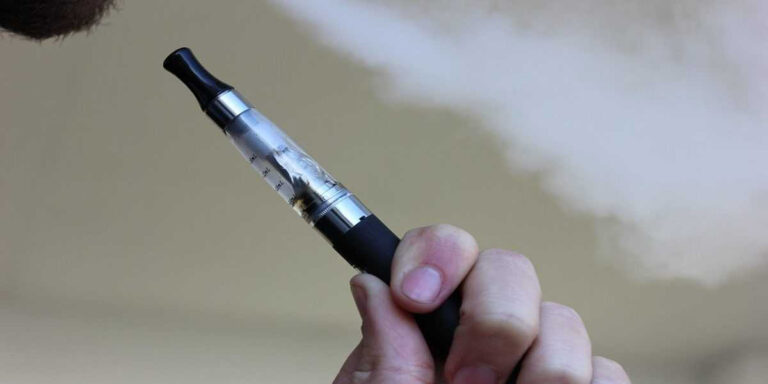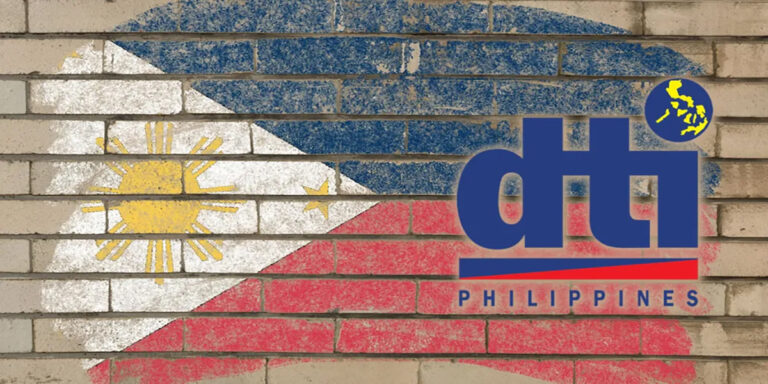On August 8, 2024, the Department of Trade and Industry (DTI) and the Philippine Drug Enforcement Agency (PDEA) signed a Memorandum of Agreement (MOA) in Makati City to address the growing concern of e-cigarette products laced with illegal drugs. This collaboration underscores the Philippine government’s commitment to safeguarding public health, particularly among the youth, by targeting the infiltration of illegal substances into consumer goods.
Details of the Partnership
Purpose of the MOA
The MOA between the DTI and PDEA represents a strategic partnership aimed at enhancing consumer safety by preventing the illegal practice of lacing e-cigarette products with drugs such as marijuana. The agreement establishes a framework for cooperation, allowing both agencies to pool resources, share intelligence, and conduct joint investigations to detect and dismantle the networks involved in the distribution of drug-laced products.
Key Statements from Officials
During the signing ceremony, Agaton Teodoro Uvero, Assistant Secretary and head of the Fair Trade Group (FTG) at DTI, emphasized that the partnership is designed to protect consumers, especially the youth, from the dangers posed by drug-laced e-cigarettes. He highlighted that the agreement would provide a robust foundation for cooperation between the two agencies, ensuring the safety of products in the Philippine market.
PDEA Deputy Director Virgilio M. Lazo echoed these sentiments, stating that the collaboration is a proactive measure to identify, track, and dismantle distribution networks involved in the sale of drug-laced products. Lazo also mentioned that PDEA would work closely with DTI and other law enforcement agencies to monitor and act on intelligence regarding the presence of illegal drugs in consumer products, particularly e-cigarettes.
Broader Implications
Commitment to Public Safety
The MOA signing reflects the Philippine government’s broader commitment to public safety, particularly in enforcing Republic Act No. 11900, known as the Vape Law, and the Comprehensive Dangerous Drugs Act of 2002 (RA 9165). By working together, the DTI and PDEA aim to strengthen the enforcement of these laws, ensuring that consumer products in the market are safe and free from illegal substances.
Previous Initiatives and Actions
The DTI has already taken several steps to address the issue of drug-laced e-cigarette products. In June 2024, the agency held a briefing with PDEA and major e-commerce platforms to discuss strategies for addressing the presence of marijuana-laced e-cigarettes in the Philippine market. Furthermore, in July 2024, the DTI issued Department Administrative Order No. 24-03, which suspended the online sale of e-cigarette products due to the significant threat they pose to the health and safety of minors.
Market Monitoring and Enforcement
The collaboration between the DTI and PDEA is expected to lead to increased monitoring and enforcement efforts in the e-cigarette market. Retailers and distributors will likely face stricter scrutiny, and any products found to contain illegal substances will be swiftly removed from the market. This partnership is also expected to deter those involved in the illegal trade of drug-laced e-cigarettes, as the government ramps up its efforts to protect consumers.
In addition to enforcement, the DTI and PDEA partnership is likely to focus on raising awareness among consumers about the risks associated with drug-laced e-cigarette products. Public information campaigns and educational initiatives may be launched to inform consumers, particularly young people, about the dangers of using unregulated e-cigarettes and the importance of purchasing products from reputable sources.
FAQs
What is the purpose of the MOA between DTI and PDEA?
The MOA aims to enhance consumer safety by preventing the illegal practice of lacing e-cigarette products with drugs. The agreement establishes a framework for cooperation between DTI and PDEA to detect and dismantle distribution networks involved in the sale of drug-laced products.
How does the partnership impact the e-cigarette market in the Philippines?
The partnership is expected to lead to increased monitoring and enforcement efforts, with stricter scrutiny on retailers and distributors. Products found to contain illegal substances will be removed from the market, and those involved in the illegal trade will face consequences.
What are the broader implications of this partnership?
The collaboration reflects the Philippine government’s commitment to public safety and the enforcement of relevant laws, including the Vape Law and the Comprehensive Dangerous Drugs Act. It also highlights the government’s efforts to protect consumers, particularly the youth, from the dangers posed by drug-laced e-cigarettes.
What actions have the DTI taken previously to address this issue?
The DTI has held briefings with PDEA and e-commerce platforms to discuss strategies for addressing marijuana-laced e-cigarettes in the market. Additionally, the DTI issued Department Administrative Order No. 24-03, suspending the online sale of e-cigarette products due to their threat to minors’ health and safety.


















